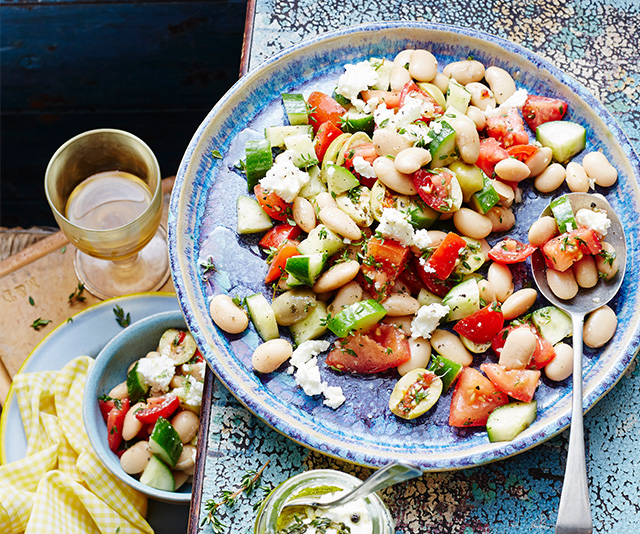It’s that time of year again; the commencement of the annual guilt-athon that comes with breaking a New Year’s resolution just days after making it…
But why do we do this to ourselves? Because we cave to indulging in the foods we love, or ditch a run around the block, because, well, we’re just too damn tired to be bothered?
In 2017, we pledge to stick to realistic New Year’s resolutions, like walking more, swearing less and not succumbing to unrealistic, don’t-eat-this-don’t-eat-that diets – the kind we’d all be horrified if our kids even knew about.
When it comes to nutrition and maintaining a healthy, balanced diet (and treating yourself to the not-so-good-for-you foods), it’s important to be aware of what’s good for you, what’s not and how to enjoy the things you love in moderation.
Eating “fat” won’t necessarily make you fat
If this advice is good enough for a doctor, it’s certainly good enough for us.
Dr. Walter Willett of Harvard School of Public Health explains that it’s a myth that eating specifically high-fat foods makes you put on weight.
“Eating or drinking more calories than you need from any source, whether it’s fat, carbohydrate, protein, or alcohol can lead to weight gain,” he explains.
Contrary to popular belief, your body actually needs fat
Sports dietitan Cynthia Sass has had enough of people not eating post-exercise in order to not ‘put on what they’ve just burnt off’.
“Getting enough fat is a smart strategy for both sports nutrition and weight control, because fat: delays stomach emptying, so you feel fuller longer; increases satiety, to shut off hunger hormones; boosts antioxidant absorption, which in emerging research is related to leanness; and ups metabolic rate, to help you burn more calories,” she says.
Not all fats are made equal – be selective on the types of fats you eat regularly
According to Harvard’s School of Public Health, there are some fats that are healthier than others.
For example, you can load up on more monounsaturated fats (found in canola oil, olive oil, nuts, seeds and avocadoes) and omega-3 fats (think oily fish like salmon and mackerel), but try to ease up on trans fats, which you’ll find in processed and fried foods.
The key is moderation, so eat more of the good-for-you foods and less of the not-so-good.
If you are thinking of changing your diet in any way, contact your GP or a dietitian first.


